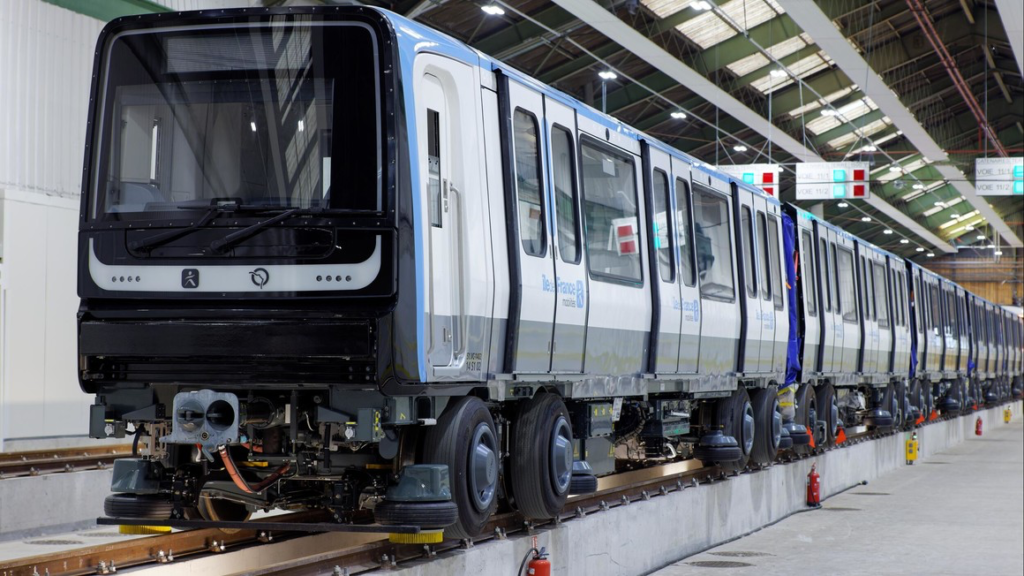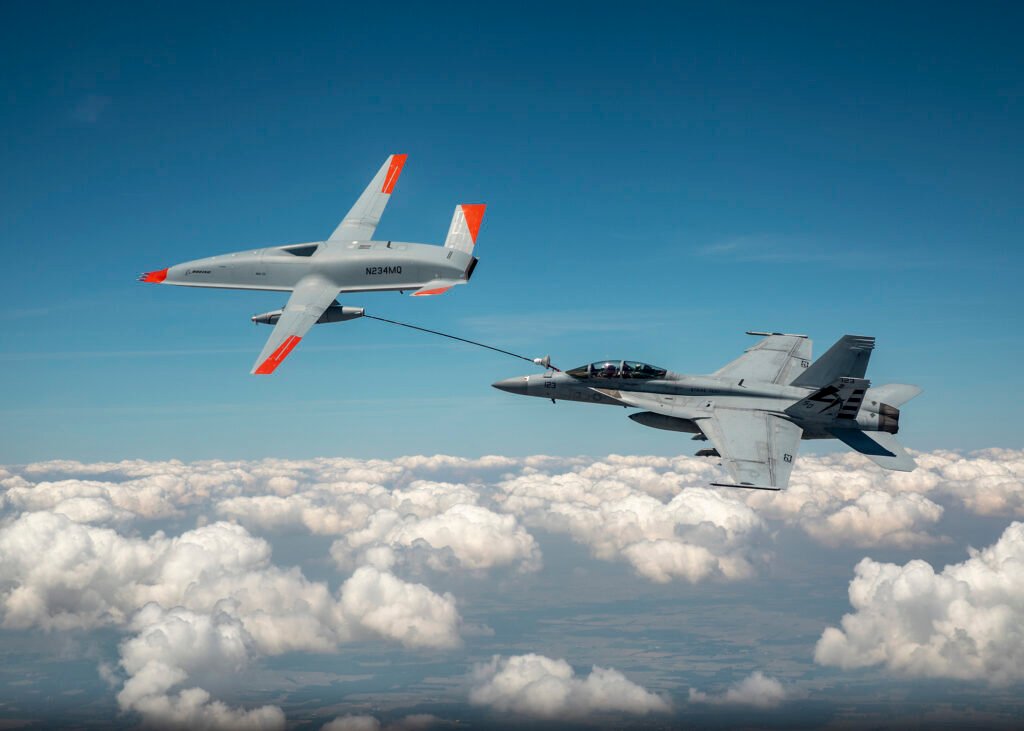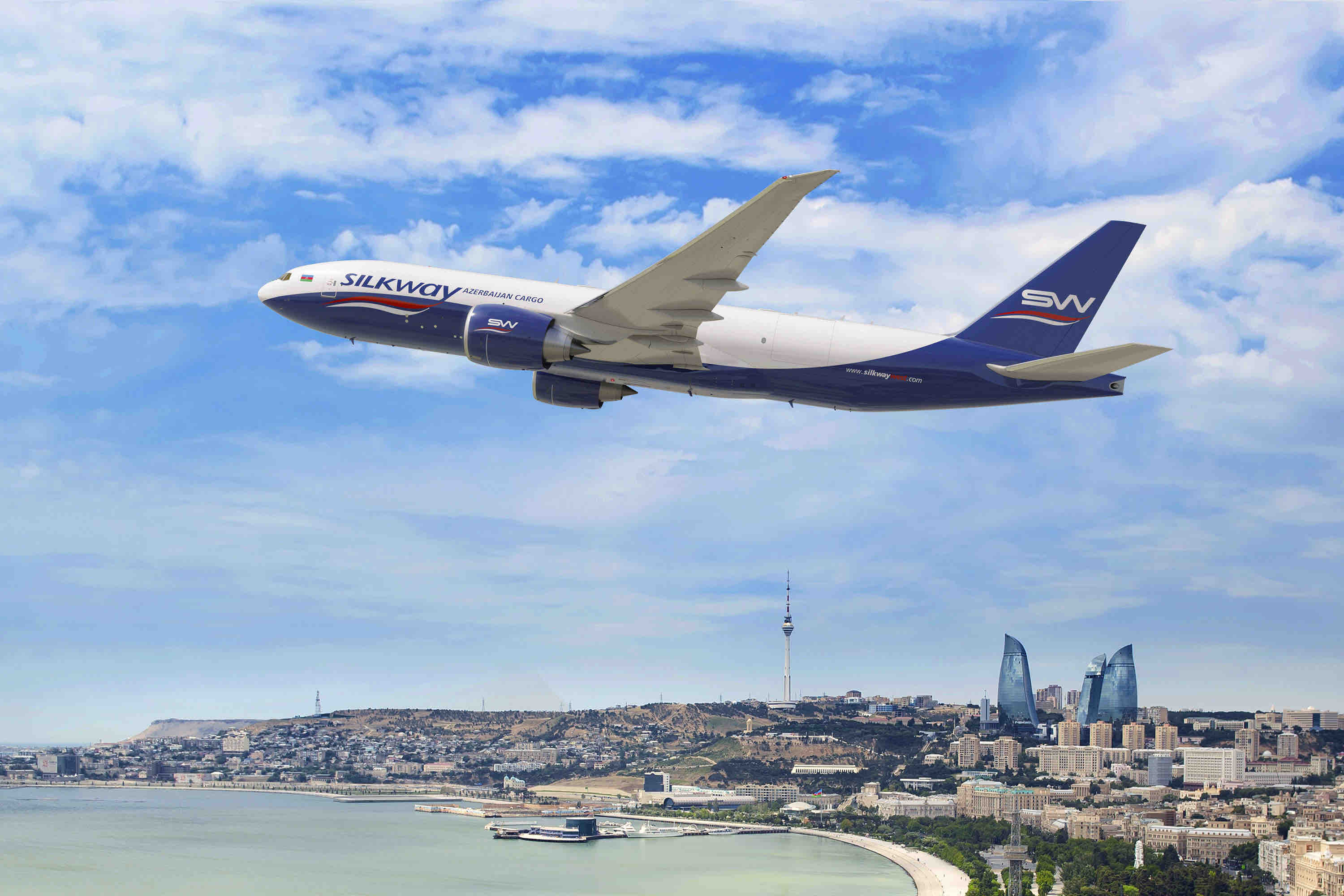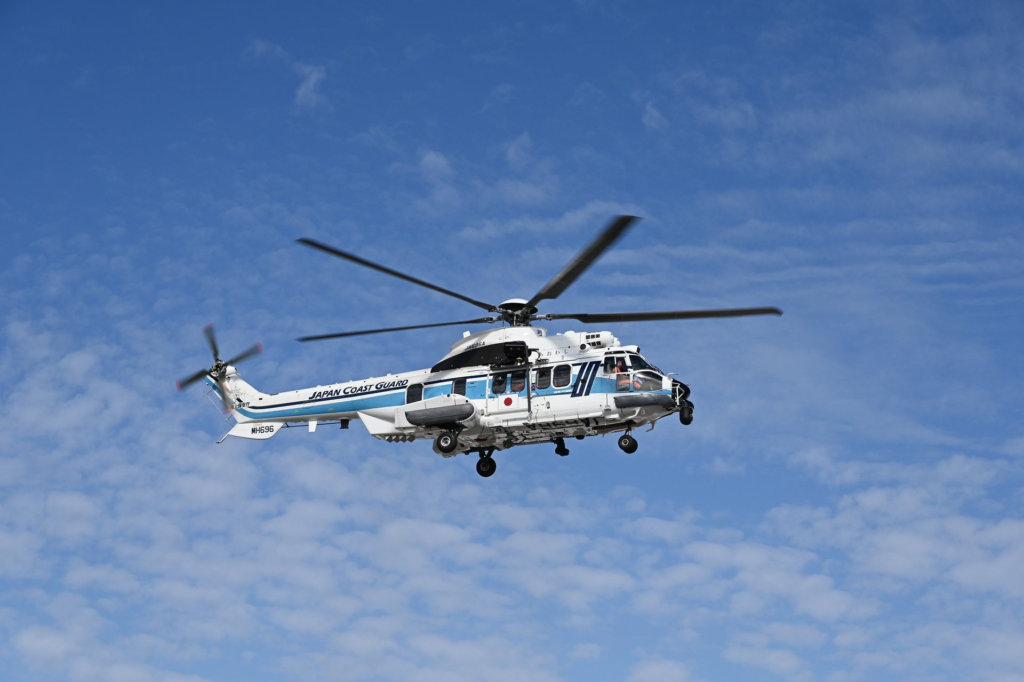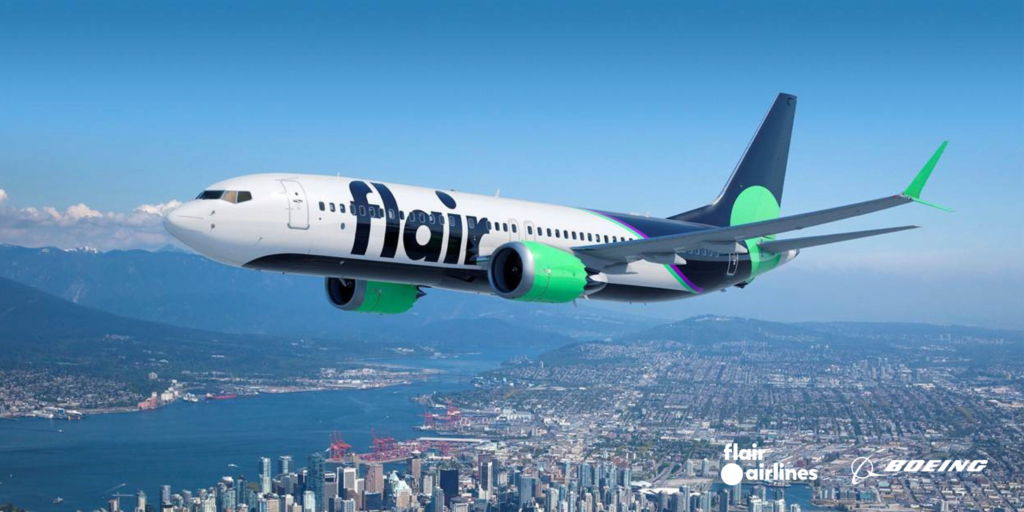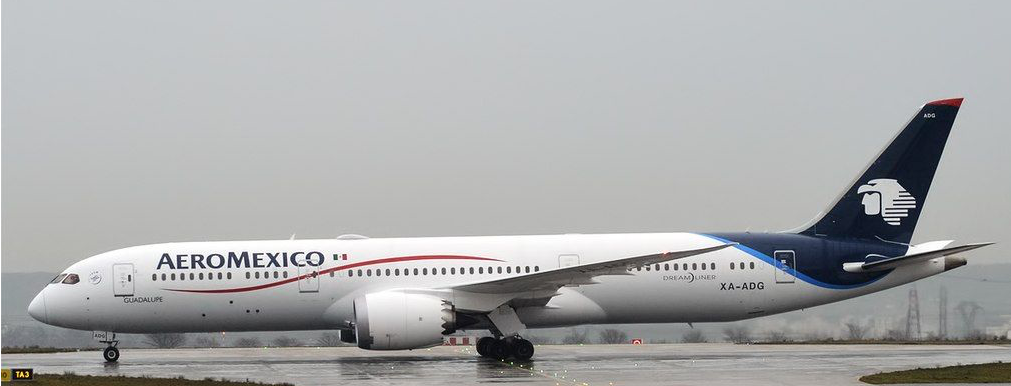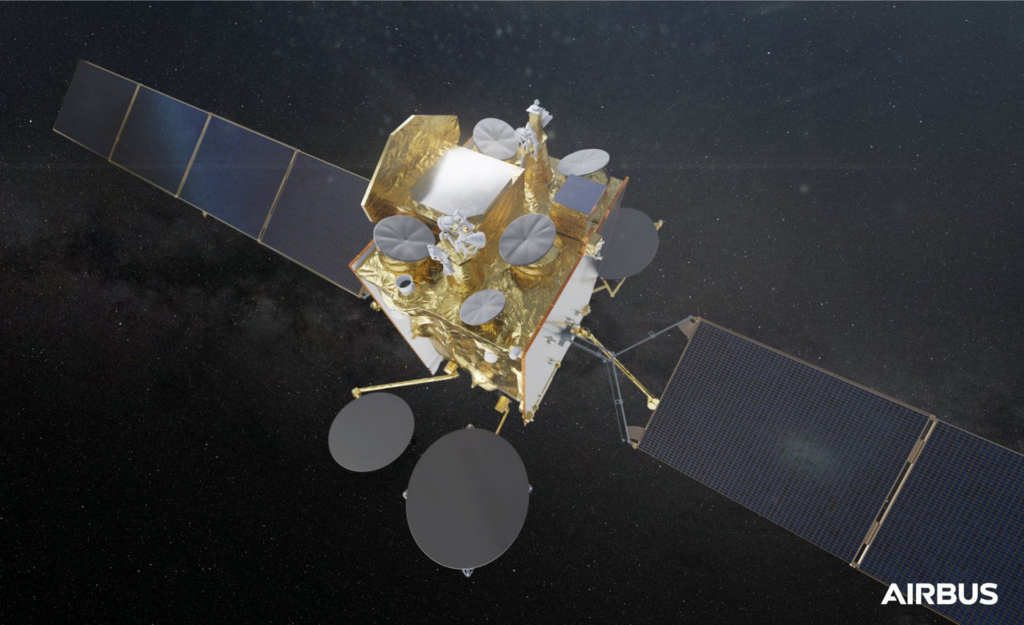Boeing KC-46A Tanker for Japan Completes First Refueling Flight
EVERETT, Washington, August 16, 2021 – The first Boeing [NYSE: BA] KC-46A tanker built for the Japan Air Self-Defense Force (JASDF) recently refueled another KC-46A aircraft in the skies over Washington state. The Japan-bound tanker also…

